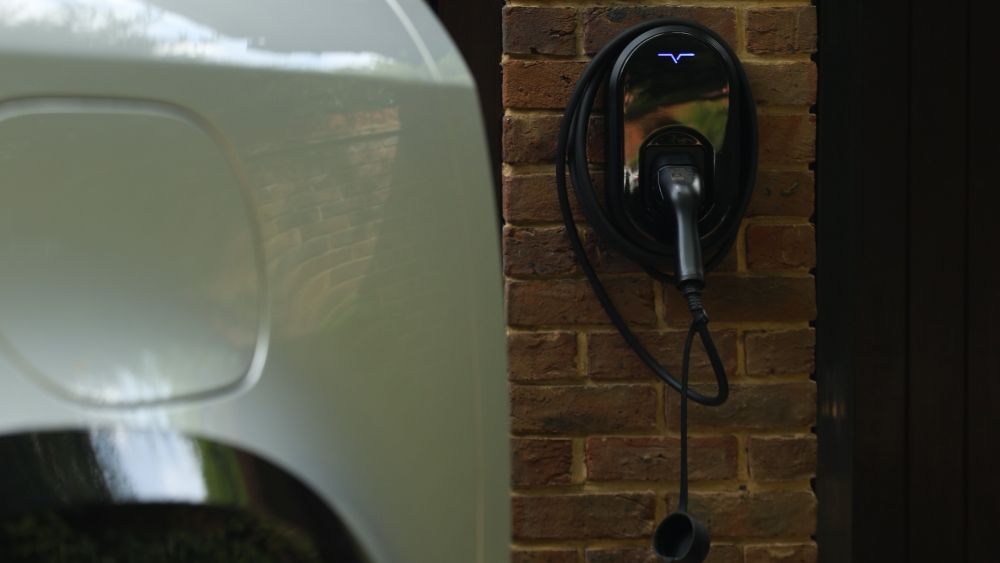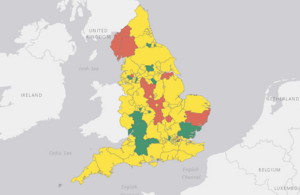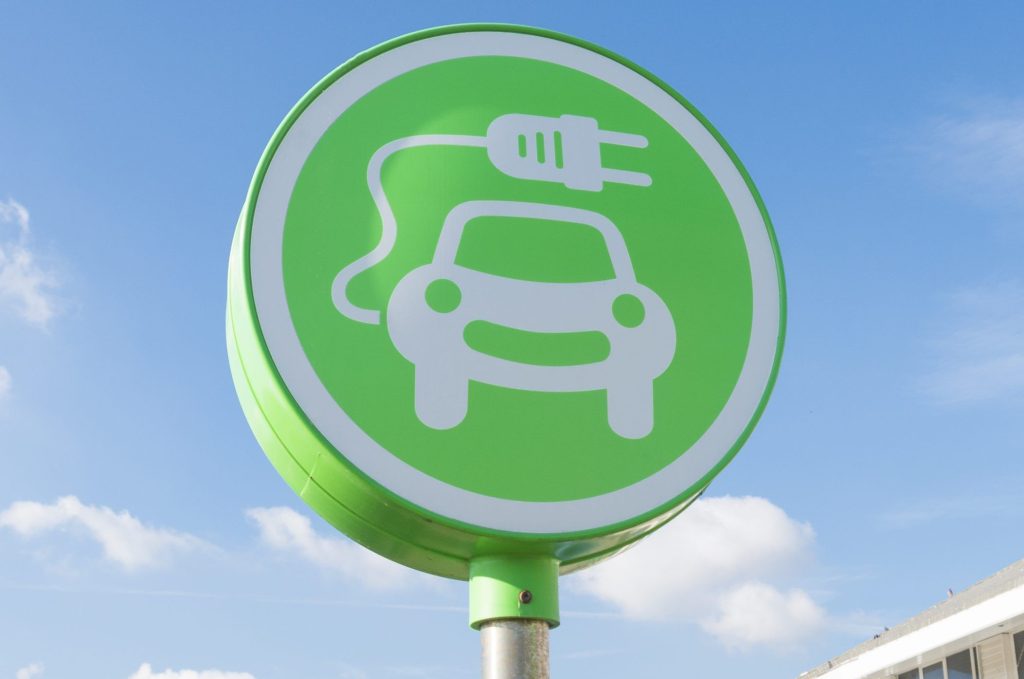The UK Government has launched a pathway to accelerate the roll-out of solar panels on domestic roofs to support jobs and lower bills.
Families could save around £500 a year on their energy bills by installing rooftop solar panels as part of the government’s plans set out in The Solar Roadmap.
The plan includes proposals to deliver 45-47 GW of solar by 2030, which will support up to 35,000 jobs and use less than half a percent of total UK land.
It includes increasing solar deployment on new build homes through the Future Homes Standard, a call for evidence on the potential of solar in car parks, a safety review regarding portable plug-in solar panels, and making it easier and cheaper for people living in rented accommodation and apartments to install solar on their balconies and rooftops.
In addition it calls for “stronger engagement” with industry and trade bodies to identify skills gaps in the solar sector to support more people into well-paid clean energy jobs.
There are already over 1.5 million homes in the UK with rooftop solar panels installed. According to MCS, the body responsible for certifying renewable energy installers, 15,496 solar installations took place in January 2025 on existing homes, a 16.5% increase on the previous year.
To help households with the finances of installing rooftop solar, the government is working with the Green Finance Institute, the finance sector, consumer bodies and the solar sector itself to provide financial solutions for households and businesses, it said.
Rooftop solar not only adds value through lowering bills but it can also increase the financial value of the property, and is working with the Royal Institution of Chartered Surveyors to ensure that the value of solar homes is assessed properly.
Renters and those living in apartments could also be set to experience the benefits of solar as the government sets out the steps required to make ‘plug-in’ solar available in the UK. Plug-in solar works in the same way as rooftop solar panels, except it is portable and is connected directly into plug sockets – ideal for apartments with balconies.
Plug-in solar is currently unavailable in the UK due to longstanding regulations. But in Germany, around 435,000 balconies had plug-in solar installed in 2024 alone, saving residents in apartments money on their electricity bills.
Last month, Great British Energy announced an initial £200 million investment in rooftop solar for hundreds of schools and hospitals, with savings around £200,000 a month for some hospitals.
Energy minister Michael Shanks said:
“Families have been paying the price for the fossil fuel rollercoaster for years.
Our Plan for Change means delivering more homegrown energy that we control to boost the UK’s energy security and save money on your bills.
Through solar, we are rolling out the quickest to build and one of the cheapest forms of energy for families to start saving hundreds on their energy bills, all whilst helping tackle the climate crisis.
Solar Energy UK Chief Executive and Co-Chair of the Solar Taskforce, Chris Hewett said:
“Today marks the dawn of a transformative era for how the UK powers itself.
“The Solar Roadmap highlights dozens of practical measures needed to expand solar generation, boost the supply of cheaper and more secure power, foster new industries, create skilled jobs, boost biodiversity and slash our greenhouse gas emissions.
“The sector is already growing fast, with around 700 small-scale rooftop installations being completed each day, but needs to grow faster.”
Garry Felgate, Chief Executive of The MCS Foundation said:
“The UK is experiencing a solar boom, with record numbers of subsidy-free solar panels being installed on rooftops across the country.
“We welcome the Solar Roadmap which sets out the many ways in which we can maximise British potential for clean, cheap electricity.
“Following on from the announcement that the vast majority of new homes will be required to have solar panels under the Future Homes Standard, the Solar Roadmap clearly demonstrates this government’s commitment to home-grown renewable power.”
Matthew Boulton, Director of Solar, Storage and Private Wire at EDF Renewables UK, and member of the Solar Taskforce said:
“EDF Renewables UK is proud to have contributed to the UK government’s Solar Taskforce and welcomes the publication of the Roadmap.
“We are at a pivotal moment for the solar sector, and we fully support the clear, coordinated action set out in the Roadmap that will help unlock the UK’s full solar potential.
“We look forward to continuing our collaboration with government and industry to turn this vision into reality.”
Alexandra Desouza, EMEA General Counsel, Lightsource bp and member of the Solar Taskforce said:
“The publication of the solar roadmap comes at a big moment for the UK energy sector — and especially for solar. Solar is key to the UK’s future energy mix and has a critical role to play in delivering secure, low-cost power.
“The deployment of more solar and battery storage helps keep energy costs competitive for UK businesses, boosting economic growth and making companies more resilient.
“As per the solar roadmap’s aims and ambitions, the focus is to shift to delivery for Clean Power 2030. This is a real opportunity for the UK to align behind a shared goal — bringing communities together, supporting farmers, and accelerating the transition to renewable and domestic generation.”
Kamal Rajput, Tata Steel UK’s Strategic Business Development Lead, and Co-Chair of the Solar Energy UK, UK Supply Chain Steering Group said:
“We very much welcome the publication of the Solar Roadmap, highlighting the vital role that UK manufacturers such as Tata Steel will play in helping government achieve its clean energy targets.
“With our product innovations such as the recently launched Catnic SolarSeam roofing system, and our MagiZinc products used extensively in utility scale racking systems, Tata Steel is well-placed to play a significant role in the growing solar energy sector.”
Trevor Hutchings, Chief Executive at the REA:
“The Government’s Solar Roadmap is a welcome and timely intervention that recognises the vital role rooftop solar can play in cutting bills, creating jobs, and boosting the UK’s energy security. Solar is popular, low-cost, and quick to deploy – and this roadmap sets out a credible pathway that brings together policy, finance and industry to accelerate its rollout across the built environment.
“We particularly welcome the focus on unlocking solar potential on new builds, car parks and rented homes, alongside greater collaboration with industry to address skills and supply chain challenges. Likewise, the recognition that we must recycle solar panels at their end of life. This is a new industrial opportunity for the UK as well as reducing our reliance on international supply chains.
“These are priorities the REA has long championed, and we look forward to working with Government to ensure this ambition is turned into delivery.”
Image from Shutterstock











